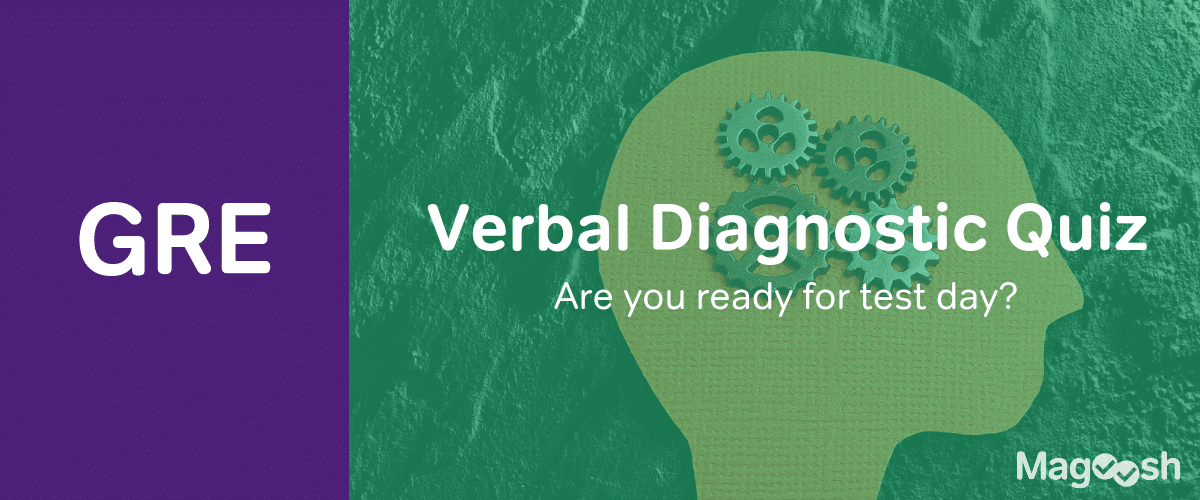To answer this question, I am going to employ two metaphors:
Training Wheels
As children many of us pedaled about on a bicycle equipped with training wheels. Were it not for the training wheels, we would have taken an unfortunate spill. That day would finally come when, after our legs had become stronger and our core able to balance comfortably, our parents would undo the training wheels and—whoosh!—we’d be off down the road. The training wheels provided us with the necessary practice to ride a bicycle.
Crutches
As children many of us have seriously injured our legs, be it a twisted ankle or a broken femur. Afterwards, we had to move about on crutches as our legs healed. Crutches are necessary to help an injury heal. Once the cast is off, however, our legs are withered, and an act as simple as walking to the fridge for some milk becomes very difficult. Indeed, we are tempted to use the crutches, as our ability to move with them is far more efficient than to hobble about on our atrophied limb. Ultimately, though, we must ditch the crutches in order to recover our ability to walk normally. Otherwise, though we may be consummate crutch users, we’ll always move in a compromised fashion.
The GRE RC Passage
Underlining words in the passage or taking notes are inefficient means of attacking a timed reading passage on the GRE. You may become relatively adept at it, but, in doing so, you are robbing yourself of a more effective means of approaching a passage: active reading. Also, becoming a better note taker does not necessarily make you a better active reader. If anything, the more you rely on the note-taking method, the harder it will be to break the habit.
By now you should be able to tell that underlining/note taking is similar to the crutches. It works, but it’s not as effective as active reading. As you guessed, active reading is like walking without the crutches, or riding without the training wheels.
Here is a post I wrote for our GMAT blog on active reading. It pertains 100% to the GRE Reading Comprehension. That is, whenever you see GMAT RC passage just substitute GRE RC passage. I highly recommend checking it out for more tips!
https://magoosh.com/gmat/2011/gmat-reading-comprehension/






Leave a Reply